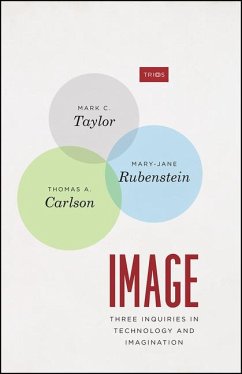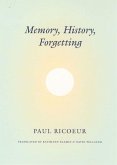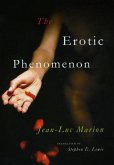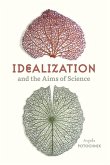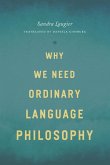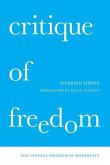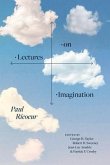"What are the primary characteristics that define what it means to be human? And what happens to those characteristics in the face of technology past, present, and future? The three essays in Image, by leading philosophers of religion Mark Taylor, Mary-Jane Rubenstein, and Thomas Carlson, play at this intersection of the human and the technological, building out from Heidegger's notion that humans master the world by picturing or representing the real.Taylor's essay traces a history of capitalism, dwelling on the lack of humility, particularly in the face of our own mortality, that is the persistent failure of humans, before turning to art as a possible way to bring us back to earth and recover humility before it is too late. Rubenstein zeroes in on the delusions of imaginative conquest associated with space travel. Through a genealogy of the modern "view from space" from the iconic Earth rise photo of 1968 up to the new privatized American space race, Rubenstein provides an analysis of the perils of the one-world and the false unity it projects. In his essay, Carlson takes as his starting point the surveillance capitalism of facial recognition technology. He dives deep into Heidegger to meditate on the elimination of individuals through totalizing gestures and the relationship between such elimination and our encounters with mortality. Each of these essays, in its own way, reflects on the nature of imagination, the character of technological vision in contemporary culture, and the implications of these for the kinds of sociality and love that condition our human experience"--

